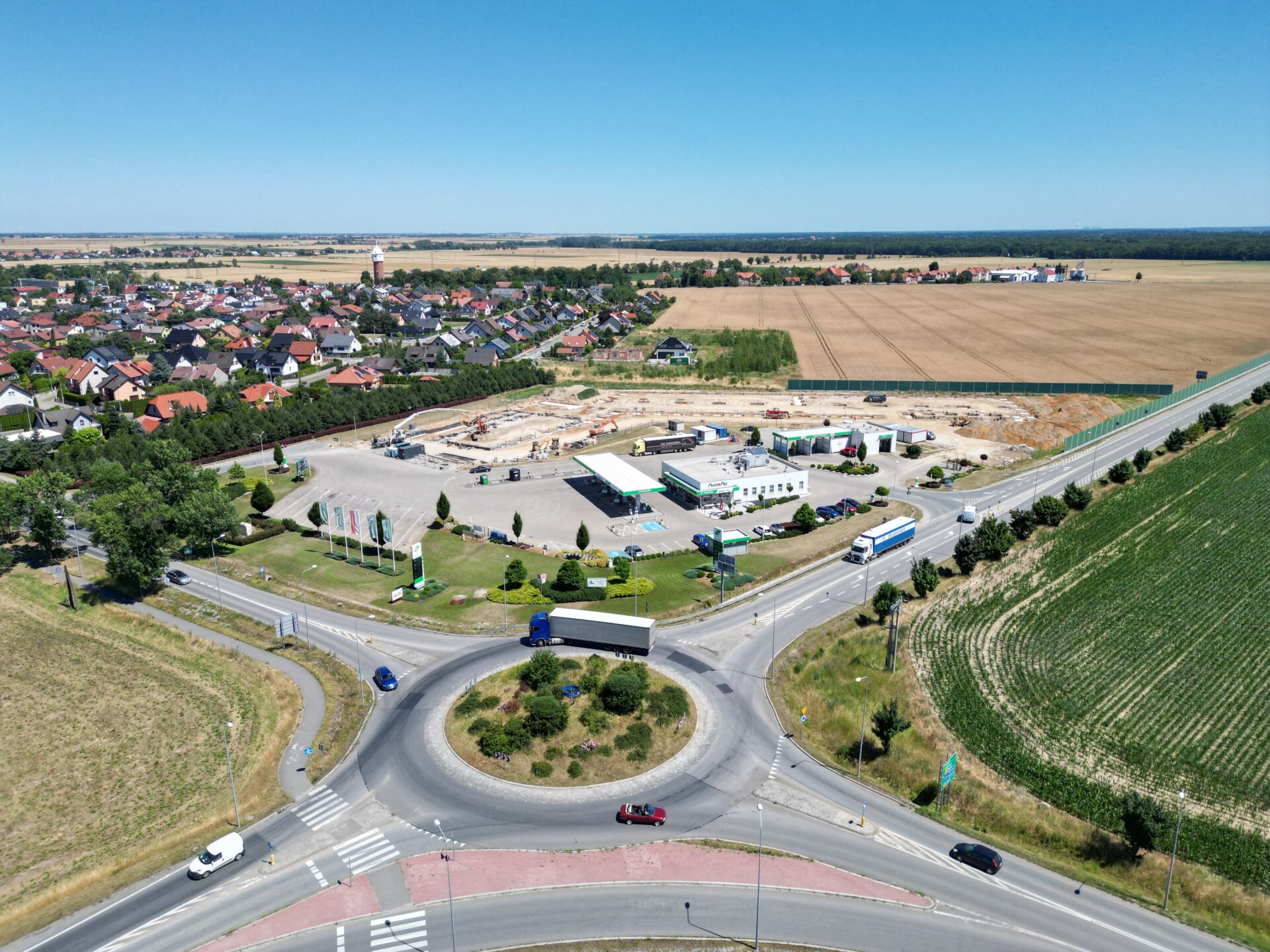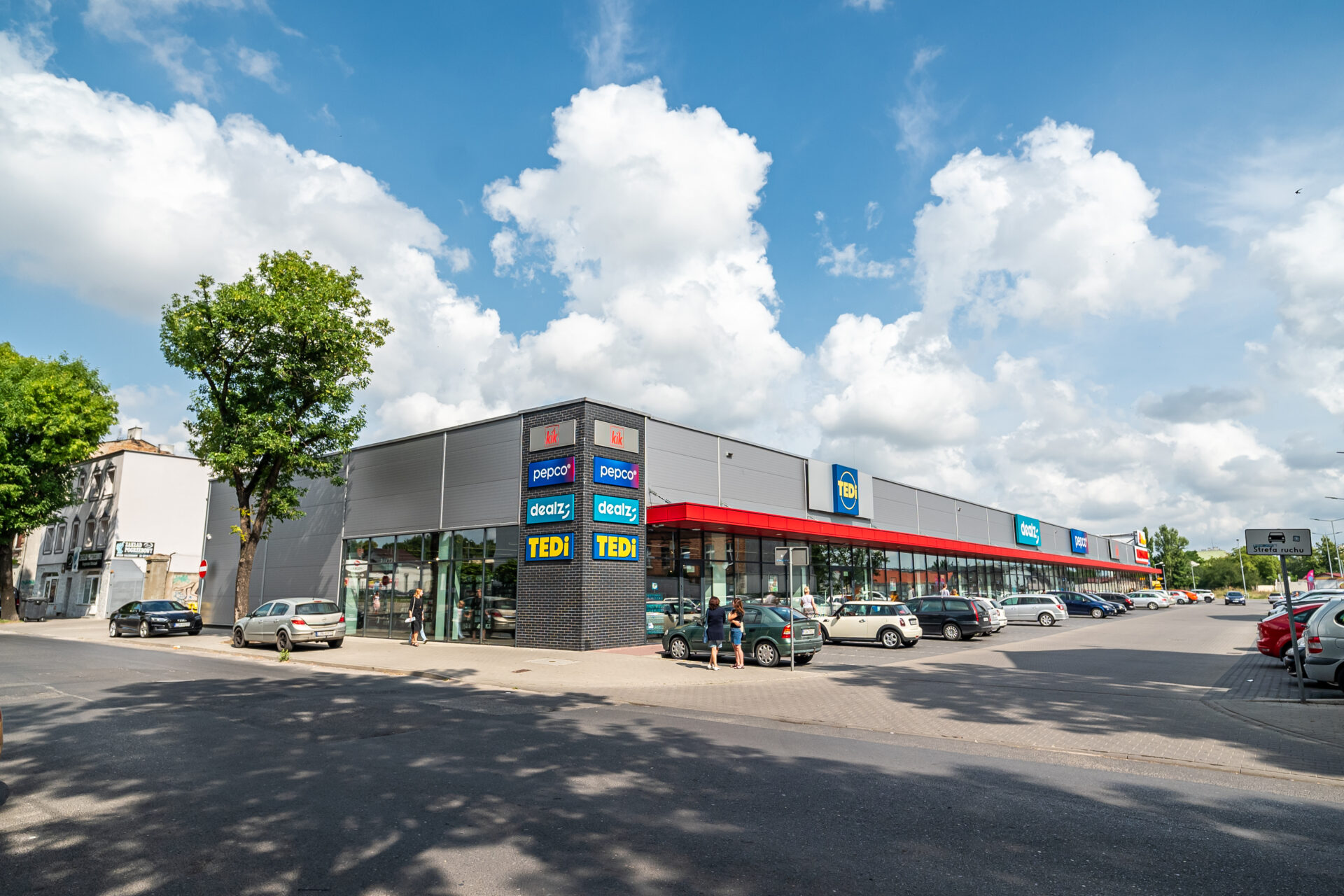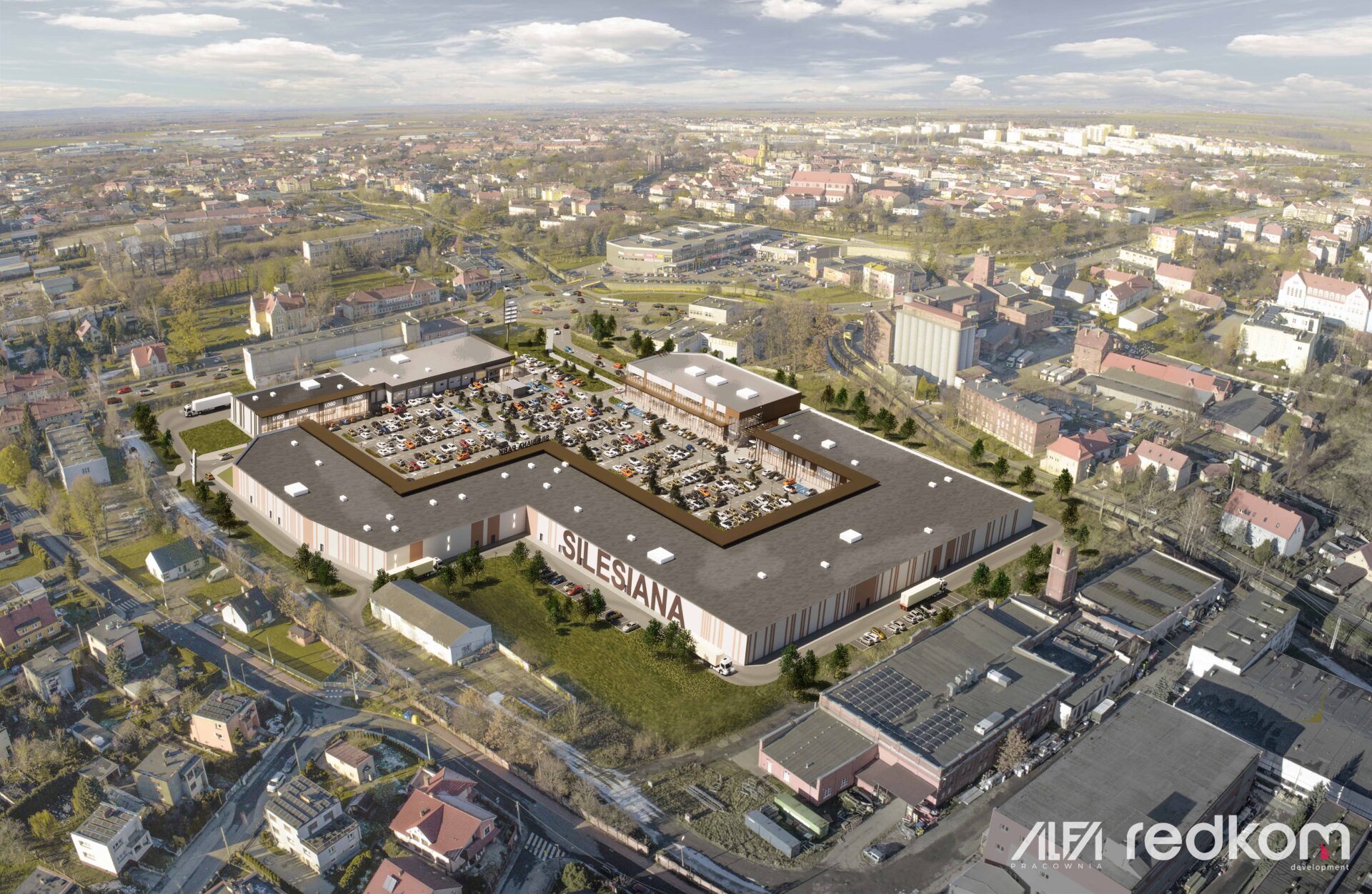Romanians spent €36 billion in large retail chains, an amount 11 percent higher compared with 2022, out of which the FMCG spending accounted for €22.5 billion (more than 60 percent share), according to the Romania Retail Snapshot 2024 performed by the Cushman & Wakefield Echinox real estate consultancy company, based on the financial results of 116 companies from 12 different retail segments.
The second largest share (€3.6 billion and 10 percent respectively) pertained to DIY stores, a segment followed by Electro-IT (€3.3 billion and 9 percent) and Fashion retailers (€2.2 billion, 6.1 percent). Jewellery (€212 million, 0.6 percent of total sales), Footwear (€356 million, 1%) and Cosmetics (€458 million, 1.3 percent) retailers had the lowest shares in the shopping basket analyzed in the report.
The 2023 annual turnover growth rate was slightly above the annual inflation rate (10.4 percent) and slowed down compared with 2022 when the corresponding spike was 16.3 percent vs 13.8 percent inflation.
All the analyzed retail segments recorded higher y-o-y turnovers in 2023, with the largest increases being reported by the Cosmetics (33.5%), Specialized Stores – pet shops, newsstands, tobacco, specialized drug stores etc. (20.4 percent), Kids & Toys (17.5 percent) and Food & Beverage (14.5 percent) retailers.
The 12 analyzed sectors are FMCG (major hypermarket/ supermarket chains), Fashion, DIY, Sports, Footwear, Kids & Toys, Jewelry, Home & Deco, Food & Beverage, Cosmetics, Electro-IT, and Specialized Stores. Together, the 116 retailers in question have more than 6,000 stores in Romania, located mainly in shopping centres, retail parks and commercial galleries.
The lowest turnover growth rates in 2023 (below the average annual inflation rate) were reported by the DIY (3 percent), Home & Deco (4.8 percent), Jewelry (6 percent), Electro–IT (8.3 percent) and Sports (8.6 percent) segments. All the other segments recorded sales growth rates above inflation: 12 percent FMCG, 12.3 percent Footwear, and 11.3 percent Fashion.
Vlad Săftoiu, Head of Research, Cushman & Wakefield Echinox, commented: “The retail market performed very well throughout last year, even though 2023 was the second consecutive year with a double-digit inflation rate. Therefore, all the segments from our snapshot recorded sales increases compared with 2022, most of them above inflation. Moreover, an expanded analysis of the entire 2019 – 2023 period shows that the average CAGR (compound annual growth rate) for the major retail operators (11.5 percent) was clearly above the average annual inflation rate during the same timeframe (7.9 percent). The forecast for this year is also positive, considering the official public data which illustrates a consistent retail sales growth compared with the same period in 2023″.
The average annual sales growth rate from 2019 to 2023 exceeded the average annual price growth for most categories (11.5 percent vs 7.9 percent), except Footwear (6.3 percent) and Home & Deco (6.8 percent) retailers. On the other hand, the Cosmetics segment experienced the highest surge in this period (17.8 percent), followed by specialized stores (17.3 percent).
The turnover increases reported by the large retailers were sustained both through expansions and organically, due to a growth in sales in physical stores and to the online expansions performed by a series of operators.
These expansions have also come as a result of the investments made by developers (in shopping centres and retail parks) who completed more than 50 projects between 2019 and 2023, consisting of both new schemes and expansions of existing ones, totalling more than 715,000 sqm of new modern retail spaces.







